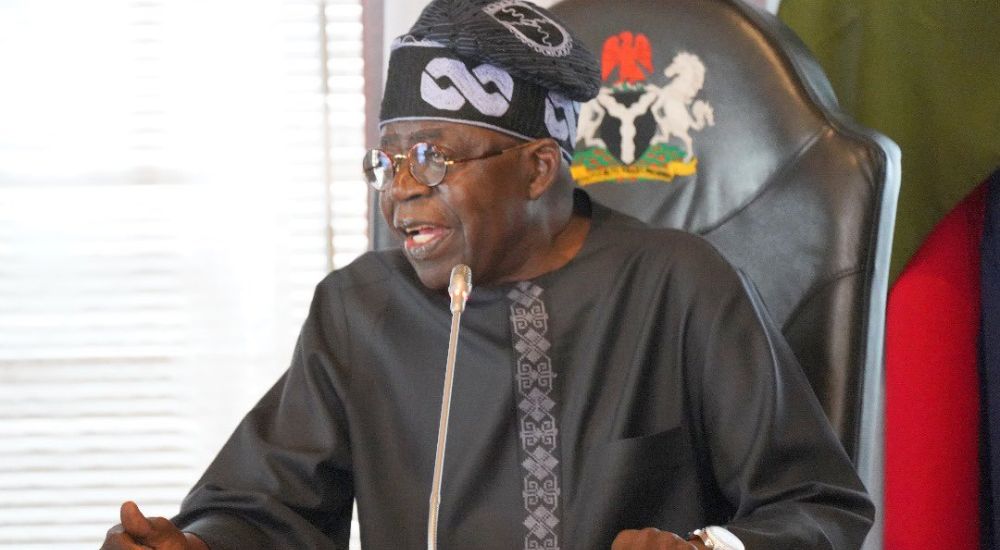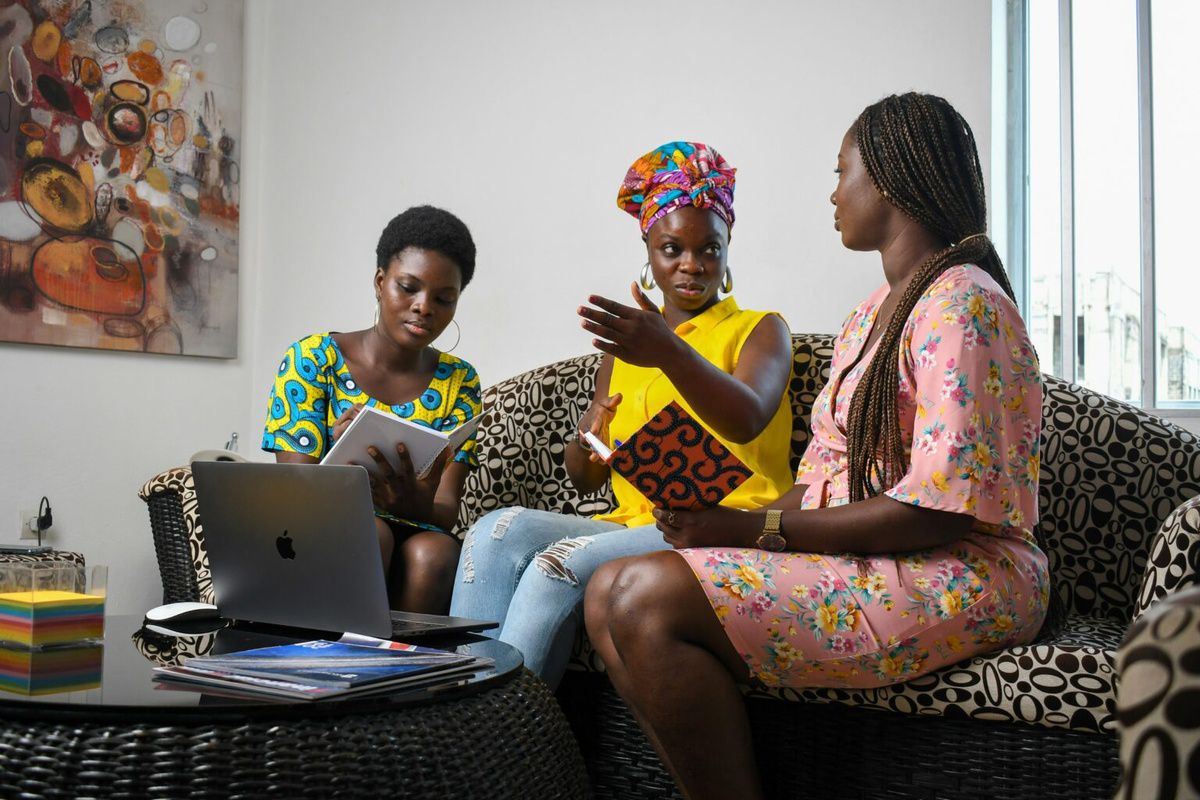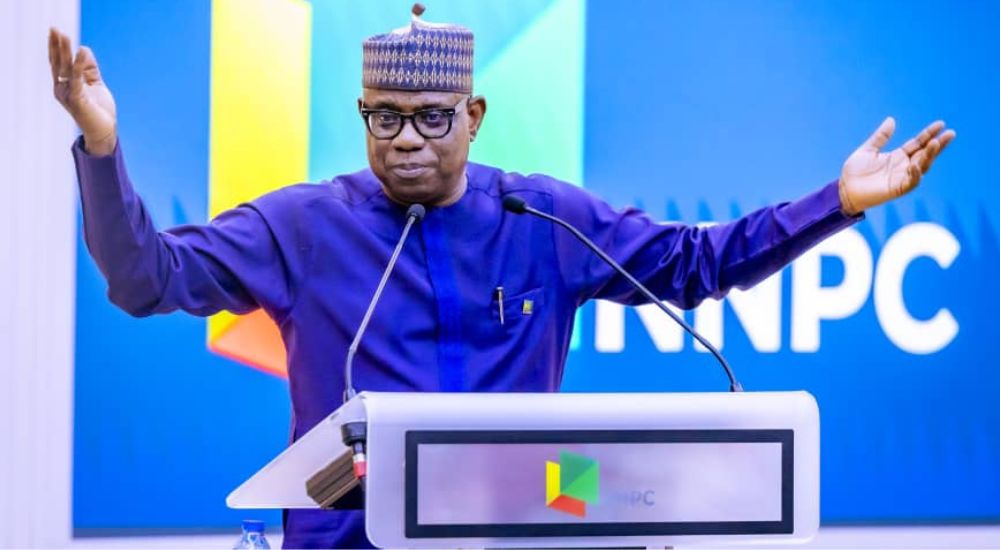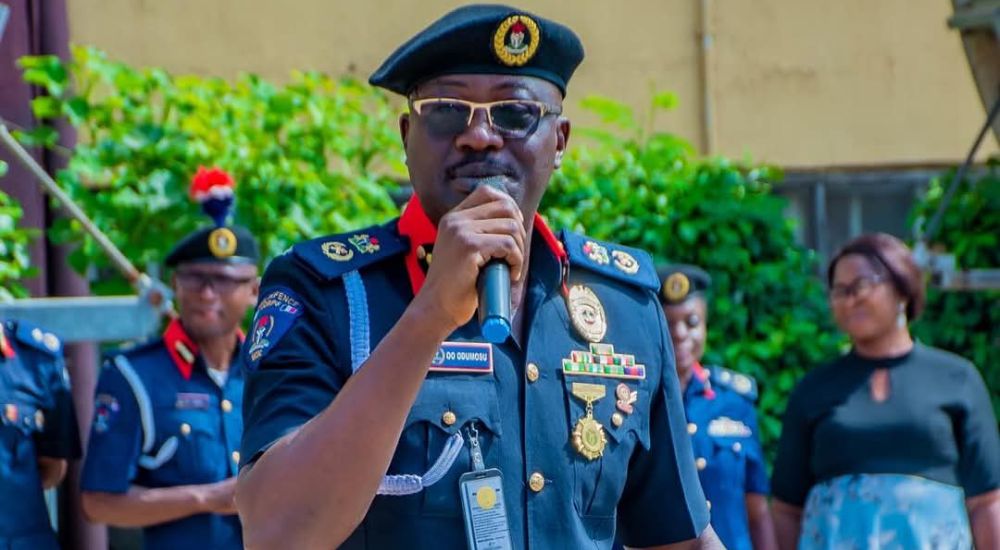Tinubu Urges Global Unity, Bold Action to Tackle Escalating Climate Crisis
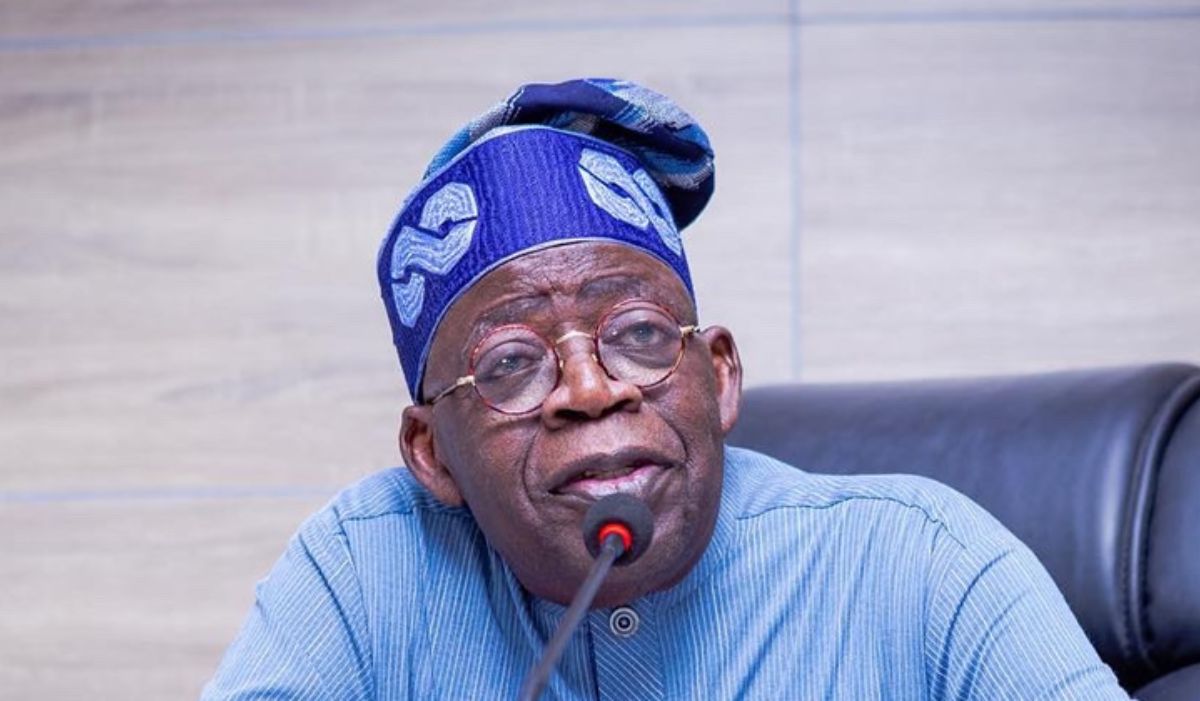
President Bola Ahmed Tinubu has called on global leaders to come together with unity, boldness, and unwavering resolve to confront the escalating climate crisis facing the world.
This was disclosed in a statement issued on Wednesday by Bayo Onanuga, Special Adviser to the President on Information & Strategy.
The statement disclosed that During a high-level virtual dialogue on climate change held on Wednesday, President Tinubu restated Nigeria’s firm commitment to driving a new approach—one that aligns climate action with economic progress, ensuring both objectives move forward hand in hand.
“The global climate emergency demands our collective, courageous, and sustained leadership. For Nigeria, the urgency of this moment is clear: we view climate action not as a cost to development, but as a strategic imperative.”
The dialogue was jointly convened by United Nations Secretary-General António Guterres and Brazilian President Luiz Inácio Lula da Silva, with the goal of boosting global climate commitments ahead of COP30, which is set to take place in Brazil.
The event drew participation from leaders of 17 nations, including China, and representatives from the European Union, alongside climate-vulnerable countries and influential regional groups such as the African Union, ASEAN, and the Alliance of Small Island States.
The collective message from the gathering was unmistakable: the momentum for climate action is building, and the global community is pressing forward with urgency.
Speaking from Abuja, President Tinubu presented Nigeria’s Energy Transition Plan (ETP) as a dynamic and realistic framework to reach net-zero emissions by the year 2060. The plan focuses on five strategic sectors—power, cooking, transportation, oil and gas, and industry—and projects a financial requirement exceeding $410 billion to meet these ambitious targets.
“We are, therefore, in the process of aligning our regulatory environment, fiscal incentives, and institutional frameworks to ensure that energy access, decarbonisation, and economic competitiveness proceed in lockstep. We are also taking leadership on Energy Access,” he said.
The Nigerian leader emphasized Nigeria’s pivotal position as a key driver in the Mission 300 initiative, a collaborative effort with the World Bank and the African Development Bank aimed at providing electricity access to 300 million people across Africa by 2030.
He also referenced his engagement with the Dar es Salaam Declaration earlier in the year and highlighted Nigeria’s unveiling of its National Energy Compact. This compact details the country’s energy reform agenda, outlines investment prospects, and sets clear, measurable targets to broaden access to clean energy and promote clean cooking solutions.
“This compact is among the first of its kind in Africa and lays out our policy reform commitments and specific investment opportunities in the energy sector. It sets quantifiable targets to grow electricity access and increase clean cooking penetration.
“We are working to build capacity and ensure that we meet these targets, reflecting not just our ambition but also our commitment to deliver on that ambition measurably,” he said.
As a key element of Nigeria’s wider energy reform strategy, President Tinubu revealed that the Nigeria Carbon Market Activation Policy was finalized in March 2025. This landmark policy is expected to generate up to $2.5 billion in high-integrity carbon credit revenues and associated investments by 2030.
He further announced that Nigeria is in the process of revising its Nationally Determined Contributions (NDCs) under the United Nations Framework Convention on Climate Change (UNFCCC), with the updated submission scheduled for September 2025.
“Our climate strategy is not limited to planning and regulation — it is also rooted in market reform.
“We are working to position Nigeria as a premier destination for climate-smart investment through the development of a Global Climate Change Investment Fund, which will serve as a platform to blend public and private capital, de-risk green infrastructure, and finance clean energy solutions at scale,” he said.
The fund is designed to advance critical national objectives, including the development of green industrial zones, infrastructure for electric mobility, regenerative agricultural practices, and renewable energy mini-grids to serve underserved and remote communities.
President Tinubu expressed appreciation to international collaborators, most notably the United Nations and Sustainable Energy for All (SEforALL), for their valuable advisory and technical assistance in these efforts.
“These partnerships are a shining example of the value of multilateral cooperation in climate delivery. We are prepared to collaborate, lead, and deliver — because we understand that the time for climate action is not tomorrow; it is now,” he said.

